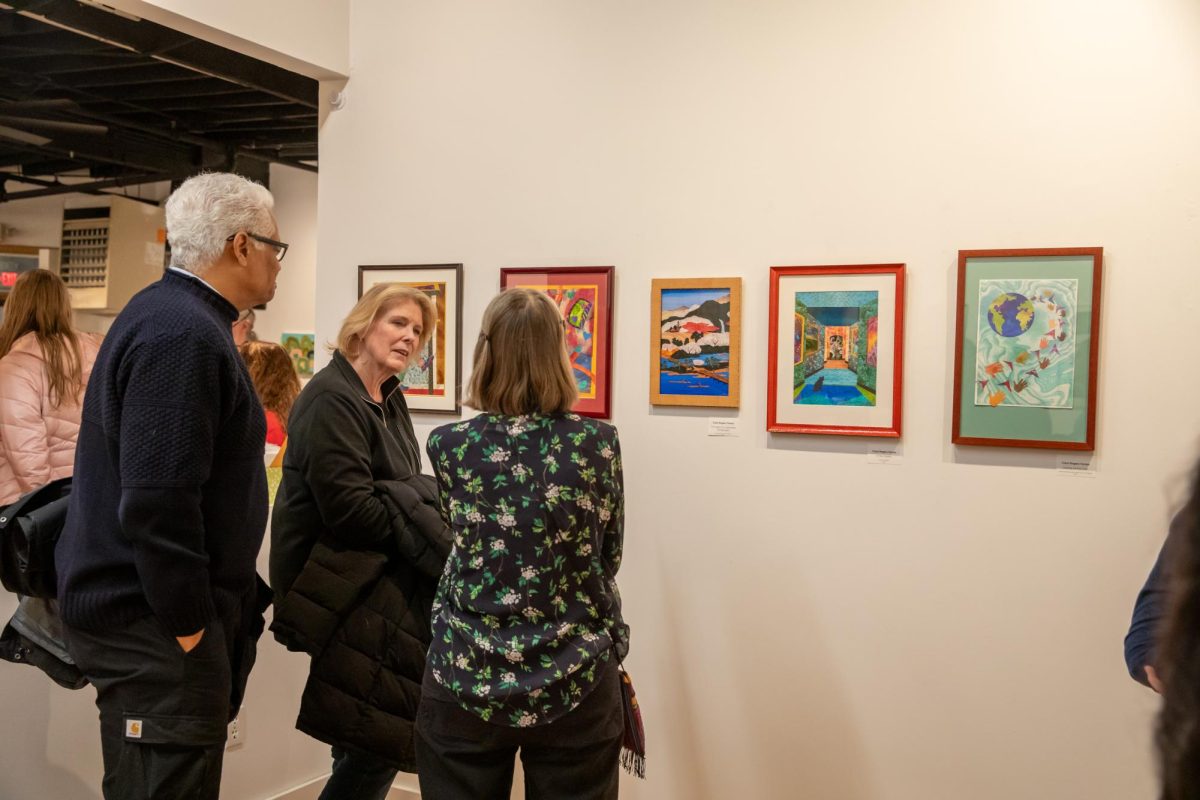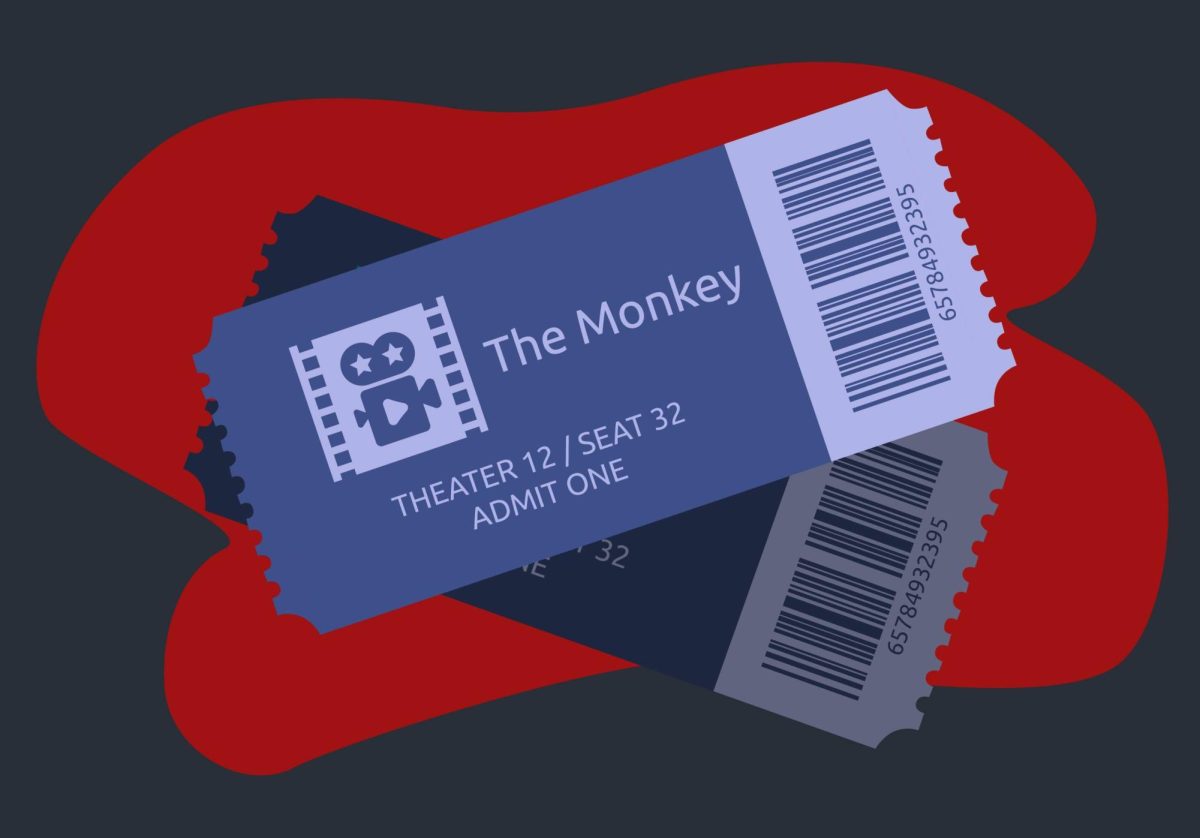T.C. Boyle’s latest book, “Tooth and Claw,” sums up in its title a recurring theme of the short stories within: the animal interactions of men and women and other animals around them.
Whether with an African wild cat adopted by a 23-year-old man in the title story or a woman who is living with a pack of neighborhood dogs, Boyle shows how we belong among the wild – in spite of our pretensions.
“Traditional religions like the Catholic Church, for instance, want us to believe we are apart from animals,” he said. “But it’s apparent to me we are animals and a lot of our impulses are animal impulses.”
The characters in “Tooth and Claw,” the title story of the book, decide to keep a serval (a medium-size wild cat from Eastern Africa) locked in an apartment bedroom. The destruction that follows mirrors a character’s spiraling romance. Boyle ends the story in a moment of confrontation.
Another story, “The Doubtfulness of Water,” continues one of Boyle’s conventions: Taking periods of the past and using them to comment on the present, much like he did in “The Road to Wellville.”
“I’m looking at the past, but not in order to show you what it might have been like in the past,” he said, “but more to explore how it’s a continuum from them to us.”
The story also touches on something Boyle considers the most important thing facing humans right now: global warming and the depletion of resources.
For Boyle, our environmental crises are wholly related to his views on man (“Tooth and Claw” displays a quote from Darwin’s “Descent of Man”). He joked, but was serious, that the only hope for our species is for every person on earth to abstain from sex for the next century.
“The wars that are going on now are wars for resources and land,” he said. “If we can’t reduce the population worldwide we are doomed. I think we’re doomed anyway because it’s too late.”
But aside from the greater meaning of the world, Boyle’s stories are simply enjoyable. His fluid narrative can remind one of a film noir voiceover – especially when vividly describing the action at a bar through the eyes of his downtrodden characters.
“Tooth and Claw” also includes a few experiments. In “When I Woke Up This Morning, Everything I Had Was Gone,” Boyle uses embedded narrative to tell the story of a man encountering two brothers who tell their tragic life stories. And in “Dogology,” he skips from character to character and even from the American suburbs to early 20th century India to tell of humans and their interactions with canines.
What the characters in that story come to realize is just what Boyle repeatedly underlines: We aren’t all that far from dogs to begin with. And the slightest provocation can turn us into the animals we really are.







